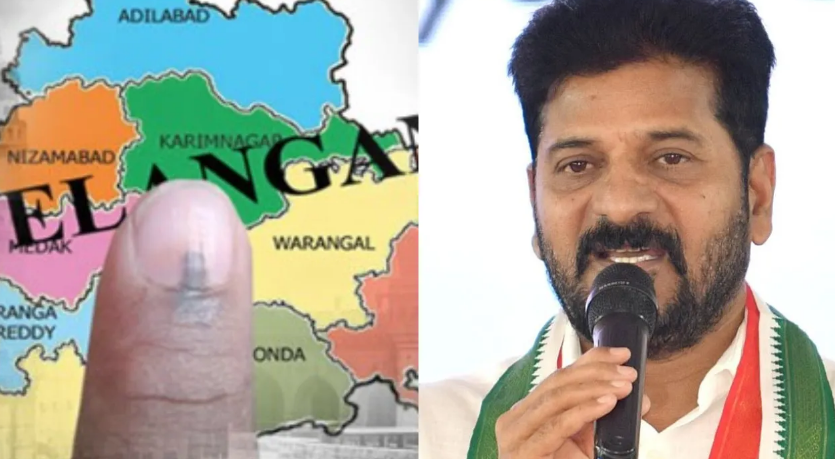Hyderabad: The Revanth Reddy-led Telangana government is facing mounting pressure over the issue of reservations in upcoming local body elections, with confusion persisting over the percentage of quotas to be allotted to various communities. The matter has gained urgency following a Telangana High Court directive to finalise reservation quotas and inform the State Election Commission within a month.
While the government had earlier promised 42% reservation for Backward Classes (BCs), legal constraints are now proving to be a major hurdle. The High Court has also instructed that panchayat elections be conducted within 90 days, placing additional strain on the state administration. With the Parliament’s monsoon session beginning on July 21 and the reservation process deadline set for July 24, the possibility of passing a bill in time remains highly uncertain. Officials admit that obtaining central approval for the proposed changes within this short window is unlikely.
In light of these challenges, the government is reportedly considering issuing a special Government Order (GO) to implement the 42% BC quota. Legal consultations are currently underway to determine whether such a move can withstand judicial scrutiny. If the GO route proves unviable, elections will likely proceed based on the existing 23% BC quota.
Currently, reservations for SCs and STs are aligned with their population share, while BCs receive 23%. In 2018, the previous administration reduced the BC quota from 34% to 23% through amendments to the Panchayat Raj Act, which were implemented in the 2019 local elections. The move triggered multiple legal challenges, citing constitutional limits that restrict total reservations to 50%.
To justify the increased BC quota, the state appointed a dedicated commission that, based on a caste survey, reported the BC population at 56.33%, including BC and OC Muslims. The commission submitted a detailed report categorising BC reservations across six levels—ward members, sarpanchs, MPTCs, ZPTCs, and chairperson posts—outlining community-wise allocations. However, with the Supreme Court’s 50% reservation cap and the High Court’s September 30 deadline to complete local elections, the Telangana government now finds itself in a legal and administrative quandary.






